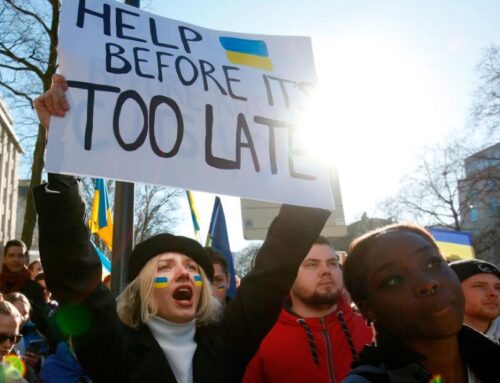I’m sure that most of our readers dutifully read to their sons from infancy through toddlerhood. I am equally sure, though, that as soon as their little princes turn five, many of those same readers thrust a basketball, football or bat into their hands. Many of our sons’ early school years are marked by the routine of twice weekly practices and weekend games. When they reach high school, sports competition intensifies, resulting in more and longer practices, games and tournaments in far-flung locations, and intensive summer sports camps, often in international locations. If we look more closely, though, we’ll find that many of our star athlete sons are mediocre students at best. They may have a mean jump shot that they’ve practiced for hours, but we have to fight with them to make sure they put in the requisite effort on their schoolwork. I wonder whether our professionalization of early childhood sports has resulted in young men who never got the chance to develop the love of learning or the hobby of reading for pleasure because they were too busy being groomed in fourth grade for a future on their high school and college varsity teams.
How did we get here? The truth is that the activity that you spend the most time on is the activity at which you’ll excel. I wonder if we’ve inadvertently sent our boys the message that the most important thing to the adults in their lives is that they excel in sports. I can hear a chorus of parents shouting that school is more important. But let me ask this question — How many of you have taken your 4th grader off of the soccer team when a teacher reported that he had trouble with reading or math? How many of you have taken your 10th grader off of the Varsity basketball team when he brought home a report card riddled with “C’s”? While I’m sure none of you ignored that bad news, I suspect that your response was to get a tutor or some other extra help, rather than to push your son to reallocate his own time and energy so that his accomplishments in the classroom equaled those on the field. I would ask us to challenge ourselves and ask what message that sends our sons.
The virtues of learning teamwork from childhoods spent in Pop Warner and Little League are legendary, and some of our young men on AAU basketball teams do parlay that experience into college scholarships. But for every high school senior who lands at a Division 1 school based on early childhood and teen sports experience, there are ten seniors, stars on the court or the field and mediocre or worse in the classroom, who end up with disappointing and limited college choices. It is easy and comfortable for schools and communities to envision young Black men as star athletes. It is less common or comfortable for them to embrace young Black men as scholars. In public and private high schools, the Black star athlete is accepted and celebrated by the school community, including parents and teachers of all races. Mediocre school performance by those star athletes is excused or ignored. As parents, we should expect and demand more. Perhaps we need to rethink our priorities when it comes to school versus sports. While I am hardly suggesting we force our kids to abandon the pursuit of excellence of the field, I am suggesting that we need to focus on producing fewer Michael Vicks and more Paul Robesons.
Lisa E. Davis





